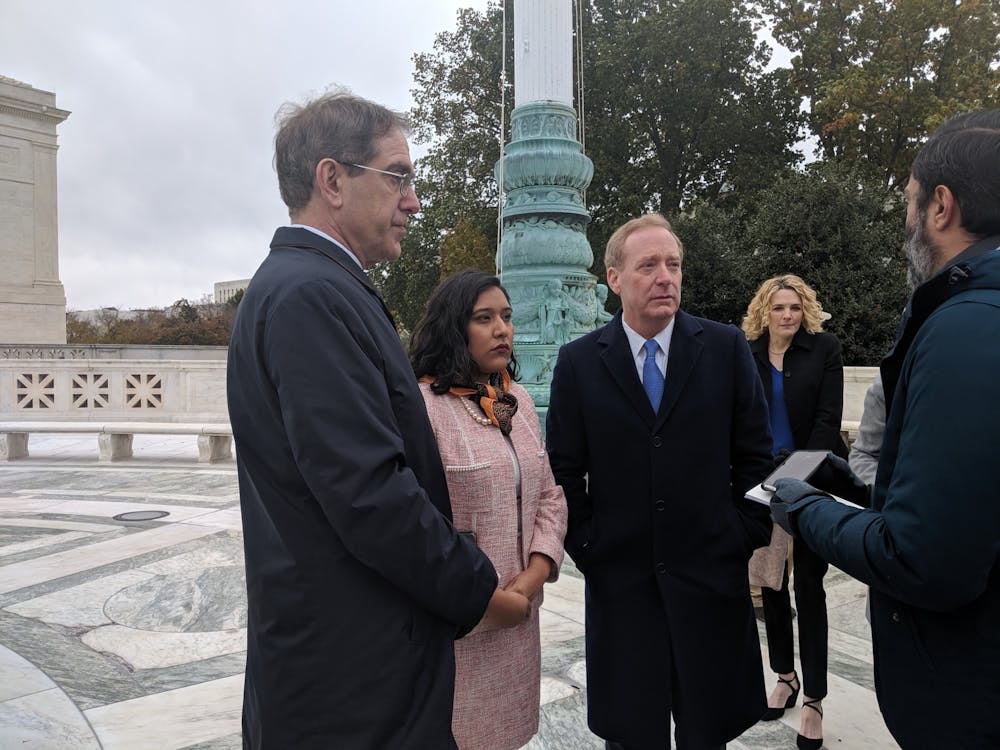The Trump administration is rejecting new applications for the Deferred Action for Childhood Arrivals (DACA) program, defying a federal court order.
On June 18, the Supreme Court ruled in favor of the University and blocked the Trump administration’s attempt to end DACA, a program that allows undocumented people brought to the United States as children to defer deportation and work legally. Despite a federal court order mandating the program’s restoration last month, the Department of Homeland Security (DHS) announced that it would not accept new applications.
DACA recipients, known as Dreamers, now have one year in place of the original two to renew their status, according to a DHS memo.
“In accordance with the Supreme Court’s decision, I am determined to give careful consideration to whether the DACA policy should be maintained, rescinded, or modified,” Acting DHS Secretary Chad Wolf wrote. “In the meantime, given my serious concerns about the policy, I have determined that some changes should immediately be made to the policy to limit its scope in the interim.”
A senior administration official told Politico that they expect “legal challenges” to their rejection of new applicants.
The University filed one of the first suits challenging DACA’s termination in 2017, and University President Christopher Eisgruber ’83 testified before the Supreme Court in 2019 alongside activist María Perales Sánchez ’18 and Microsoft President Brad Smith ’81.
When asked if the institution plans to take action now, Deputy University Spokesperson Michael Hotchkiss wrote that “the University is evaluating the government’s latest action and considering next steps.”
“Princeton stands with Dreamers, international students, and the many immigrants whose talent, hard work, and creativity contribute so vitally to this University and to our country,” Hotchkiss added.
Reiterating a previous stance, Hotchkiss also emphasized a need for long-term reform.
“As we said at the time of the recent Supreme Court ruling, the University continues to urge Congress to enact a legislative solution that provides permanent legal protections, including a path to citizenship, for the full population of Dreamers,” Hotchkiss wrote.
The Supreme Court previously noted that the DHS has the authority to end DACA. The 2017 attempt specifically was blocked because the method they used was illegal.
Applicants with DACA status are eligible to renew in one-year increments, but the Supreme Court’s decision in support of DACA recipients remains “a temporary reprieve,” while new applicants are still at risk for deportation, according to Jill E. Family, a professor of law and government at Widener University.

In his memo, Wolf outlined “several reasons of enforcement policy that may warrant the full rescission of the DACA policy.”
“The Supreme Court told the Trump administration to take a second look at its decision to end DACA, and to do so in a way that complies with federal law,” Family wrote in an email to the ‘Prince.’ “By not accepting new DACA applications, the Trump administration is clearly expressing its policy preference that would-be DACA recipients should be deported.”








